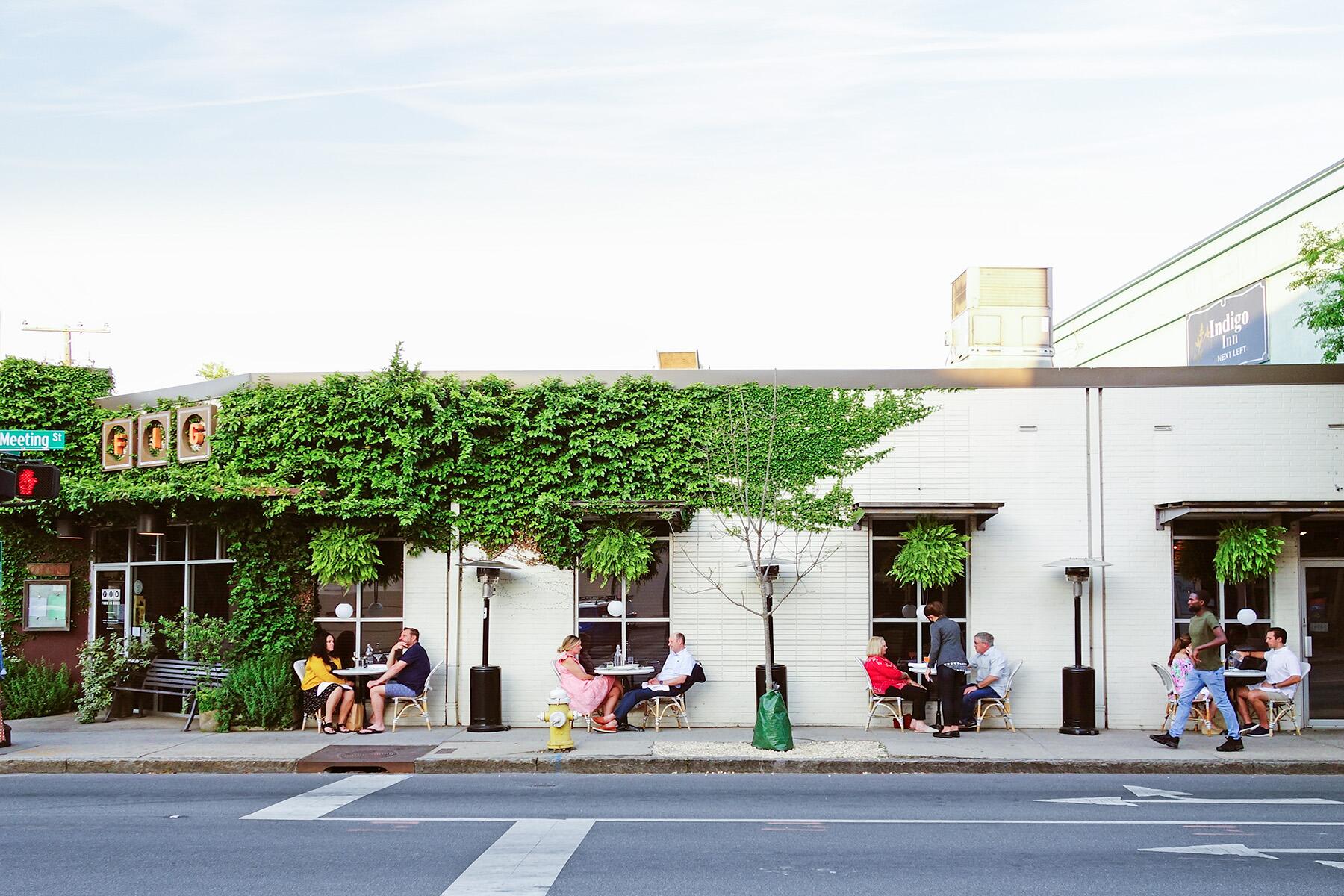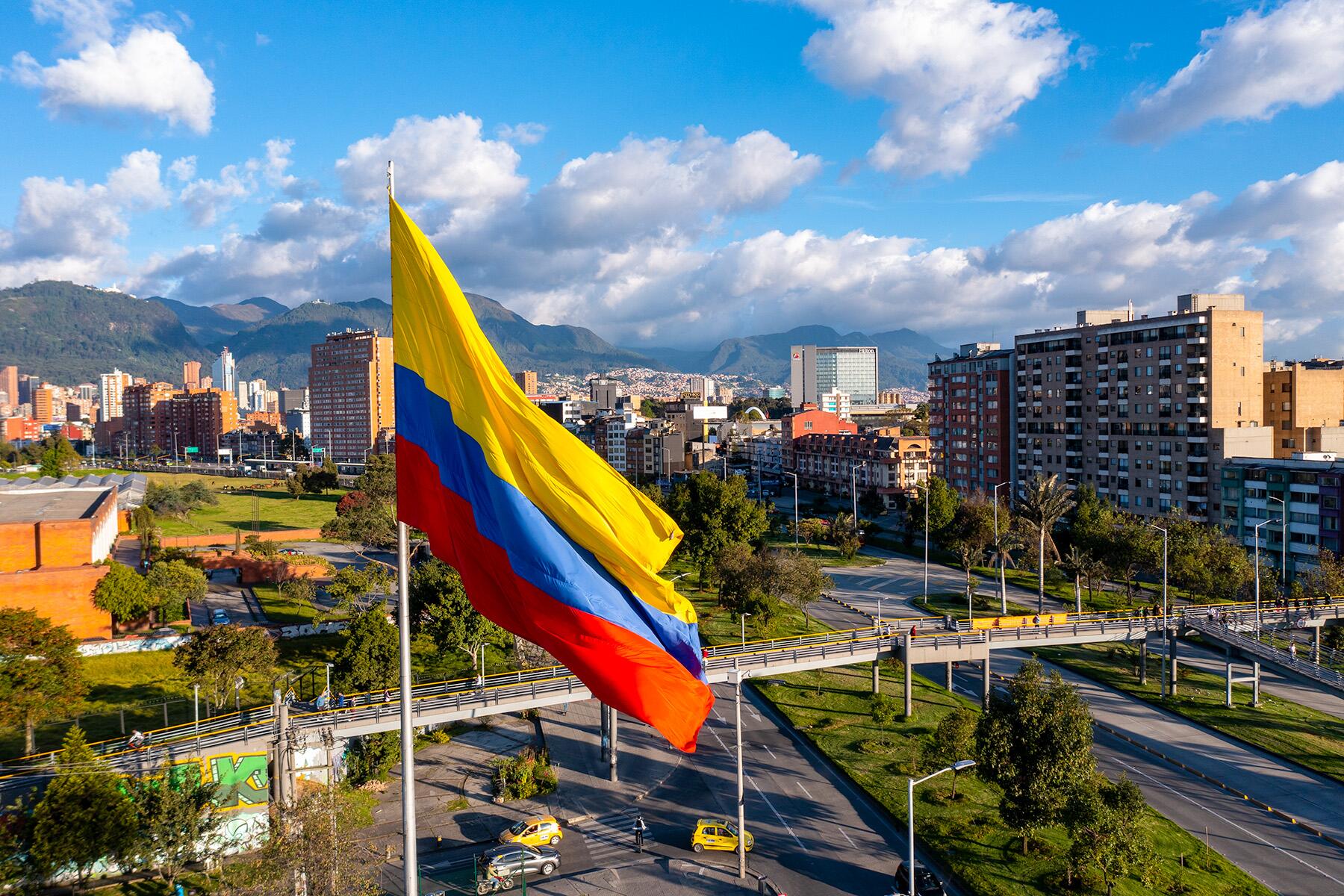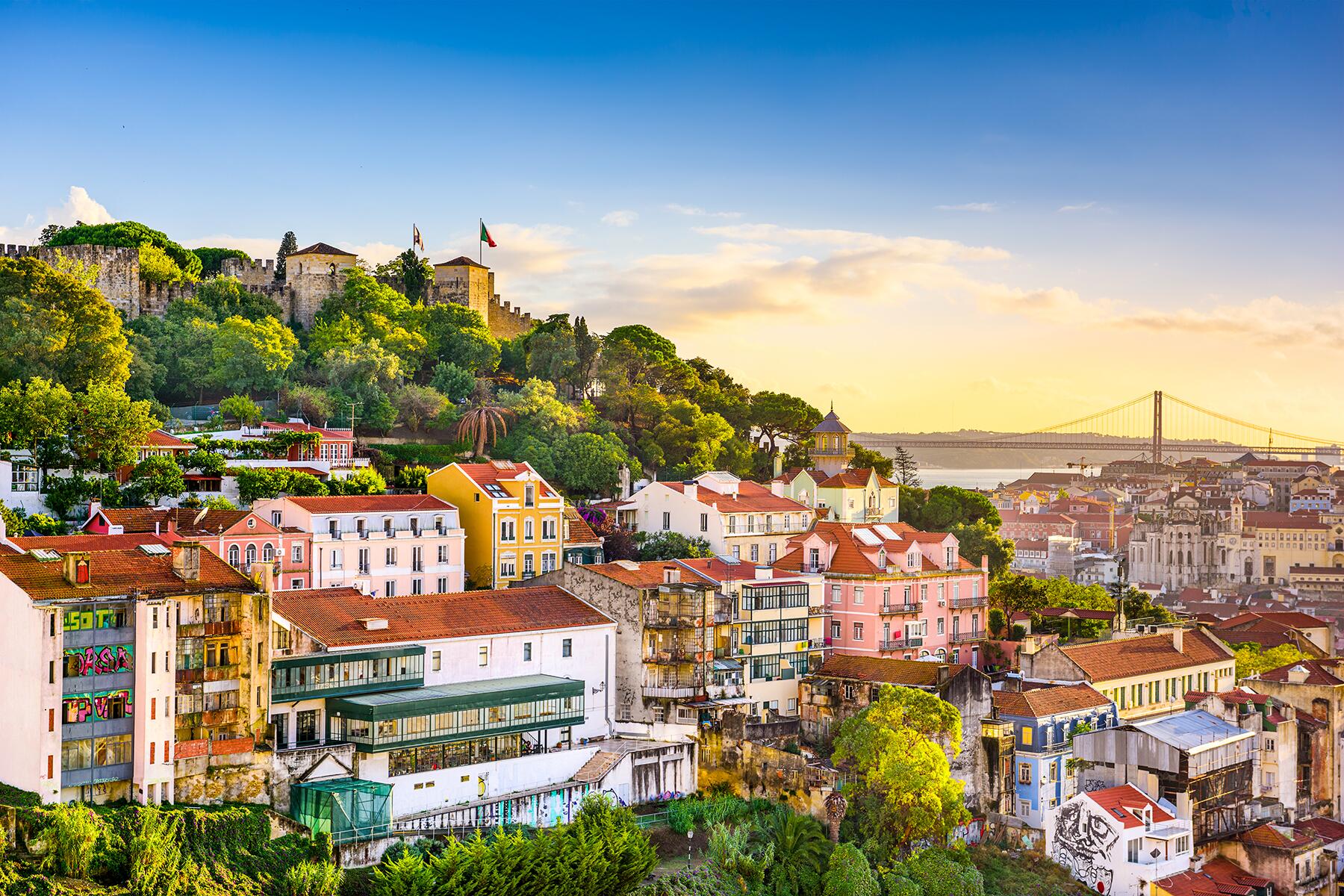And what to keep in mind when dining and tipping in Portugal.
Each year, Lisbon, Portugal welcomes millions of visitors, many searching for world-class food at affordable prices. That is precisely why Western Europe’s oldest capital is home to some of the best restaurants in Europe.
Portuguese influence produces vibrant, diverse, and monumental dining experiences. From the 1400s, when Portugal expanded its empire, a global impact on cuisine emerged, unfurling delectable flavors and revolutionary cooking techniques across Africa, Asia, South America, and the South Pacific.
Uncover unforgettable collaborations stemming from Portugal’s complex history, such as the Mozambican-inspired Piri-Piri chicken and the introduction of the Western tradition of batter-fried food, now celebrated in Japan as tempura. A fusion of French, Mediterranean, and Nordic influences further enriches Portuguese gastronomy.
Explore the ubiquitous presence of bacalhau, or codfish, in restaurants and homes—a national dish whose salted preservation technique originated from centuries-old trade with Norwegians.
For those with a sweet tooth, indulge in classic pastries like the renowned pastel de nata—a dense, buttery egg custard tart sprinkled with cinnamon or the chocolate-laden brigadeiro cake.
Join us on a gastronomic tour covering the 14 best restaurants in Lisbon, where tradition meets innovation and flavor in every bite.
Dining Etiquette in Portugal
The Portuguese always seem to have room for bread, even before a large meal. A gentle reminder for those unfamiliar with Portuguese restaurants: wait staff will bring bread, olives, cheese, and other spreads to your table. If you’re not interested, politely decline the offer. Otherwise, expect an additional charge on your bill.
Important Portuguese Words and Phrases to Master
Although the Portuguese (especially the youth and inner-city residents) speak English, Spanish, French, and other languages in Lisbon, Portugal, locals feel great pride when visitors exchange pleasantries in Portuguese. Here are 12 words and phrases to improve your dining experience and impress the locals.
Hello: Olá
Please: Por favor/ Faz favor
Thank you: Obrigada (female speaker), Obrigado (male speaker)
Drink(s): A(s) bebida(s)
The cup: O copo
The knife: A faca
The fork: O garfo
The menu: O menu
The bill: A conta
I have a reservation under the name…: Tenho uma reserva em nome de…
A table for…: Uma mesa por …
It was delicious.: Estava delicioso.
Take Advantage of Daily Specials
For those desiring a taste of Portugal during the day, the menu of the day, or menu do dia, provides an excellent opportunity to enjoy a multicourse meal at a fair price. These menus are usually offered at tascas (traditional restaurants) for under €15 and include a starter and main dish. Some menus also include a dessert and coffee or tea or a glass of wine with your meal.
Reserve Your Table
Due to a consistent influx of tourism, it’s safe to admit that restaurants would prefer you make a reservation. Restaurants in Lisbon, Portugal, tend to be cozy and intimate and may not have the space to accommodate large groups on short notice. If there is a restaurant you’re eager to experience, call, DM, or book ahead of time.
Tipping Culture in Portugal
Tipping is appreciated, especially if you’ve received stellar service. Although not compulsory or expected, as a general rule of thumb, patrons can express their gratitude with a 10% tip. Cash is still king in Portugal, so put those coins you won’t be able to exchange to good use by supporting local businesses.
Speaking of cash, some local establishments refrain from accepting foreign debit and credit cards. Save yourself the hassle and carry cash to experience even more delectable goodness like the delicious bread, sandwiches, and pastries Portugal is known for. Another fact to be mindful of (especially for Americans) is that the idea of service-based employment deviates from what we have come to expect. Here, waitstaff tends to refrain from rushing patrons through their meals and may only check on you once or twice.





Please fix your spelling under "key words." Obrigada!
Just did 3 weeks in Portugal over New Years into the slow season of January. I would add to the key words, to say Obrigado/a when you LEAVE restaurants. Also "Tchau" (like Italian Ciao) = Goodbye. We work in the industry here in the US. We made good friends with many of these simple phrases, one has already booked tickets to stay with us this summer. Many speak English, but a reminder it is not their native tongue. Speak slowly, and when in doubt point to menu items!